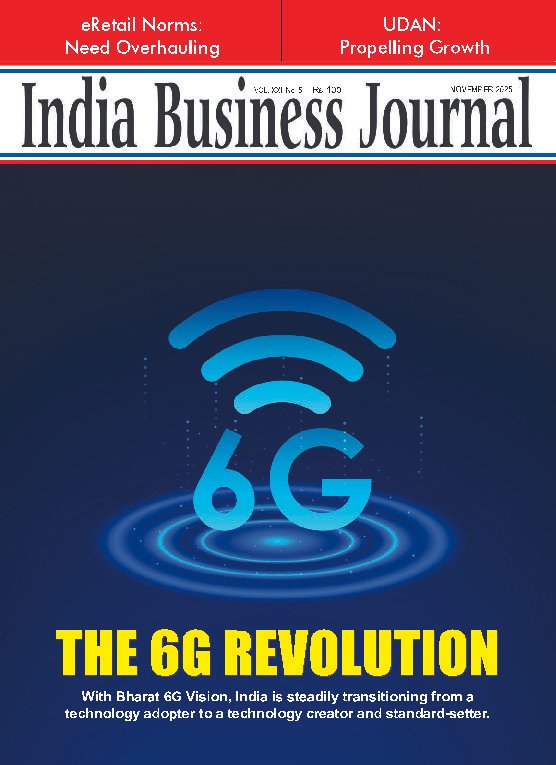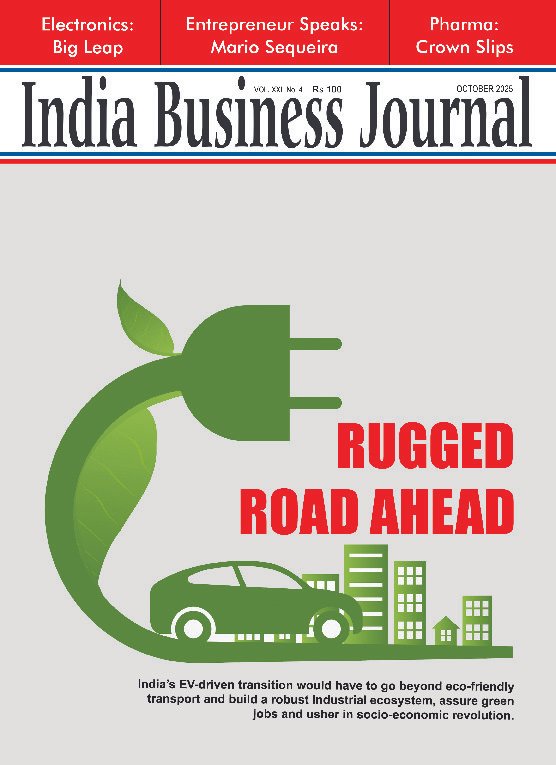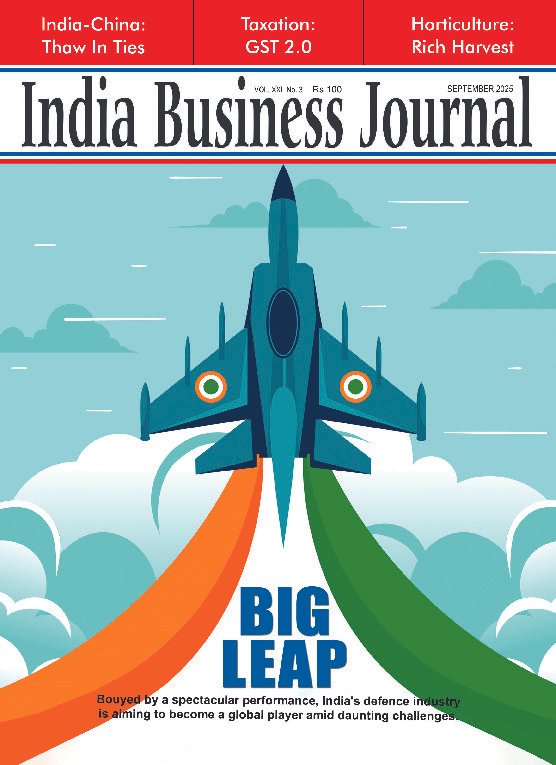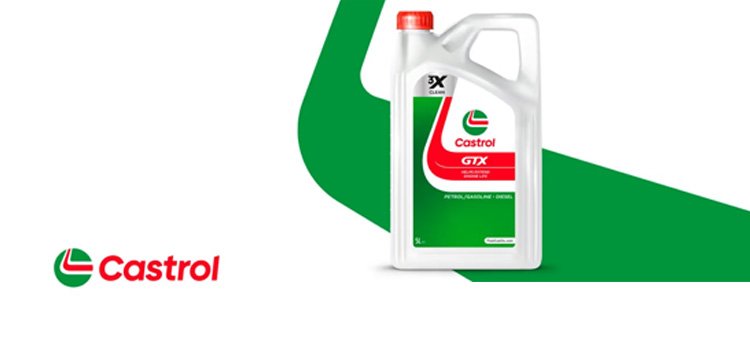INDUSTRY
Big technology companies oppose ex-ante regulations in draft Digital Competition Bill
- IBJ Bureau
- Mar 14, 2024

Large technology companies such as Google, Apple, Flipkart, Amazon and Uber have opposed pre-emptive regulation proposed in the draft Digital Competition Bill to curb dominance of a few companies in the digital space. The Ministry of Corporate Affairs had solicited public feedback on an expert committee’s report and the draft bill. Twitter and Paytm are the only leading tech firms that have extended support. The proposed ex-ante regulations seek to pre-emptively address potential abuse of dominance and monopolistic behaviour by large digital companies.
With more than 35 crore users engaging in online transactions across various sectors such as e-commerce, travel, hospitality and OTT platforms, India faces an urgent need for robust regulation. The country’s consumer-based digital economy is expected to reach a staggering $800 billion by 2030. Without stringent regulation in a rapidly-expanding digital economy, large companies could use their scale and influence to hinder market entry of competitors.
In recent years, big tech firms have come under increased scrutiny for anti-competitive practices and marginalising smaller entities. The proposed Digital Competition Bill seeks to establish a more equitable digital marketplace and ensure a level playing field for all entities. Companies such as Google, Apple, Facebook and Amazon are already under global scrutiny for alleged abuse of market dominance through extensive use of user data. Drawing inspiration from the EU’s Digital Markets Act, the proposed Bill introduces a dedicated section on openness, detailing the criteria for market dominance and identifying imbalances within the digital ecosystem.
Minister of State for Electronics and IT Rajeev Chandrasekhar has repeatedly stressed the importance of comprehensive cyber laws that are world-class, adaptable and capable of addressing unforeseen disruptions. The Digital Competition Bill seeks to fortify India’s digital economy, projected to reach $1 trillion, by addressing these requirements and improving upon the current competition framework, which has not kept pace with technological advancements. A notable shift in the draft Bill is the move from a reactive to a proactive regulatory approach, requiring companies to adopt measures to prevent anti-competitive practices before they occur.





















Report By
View Reporter News